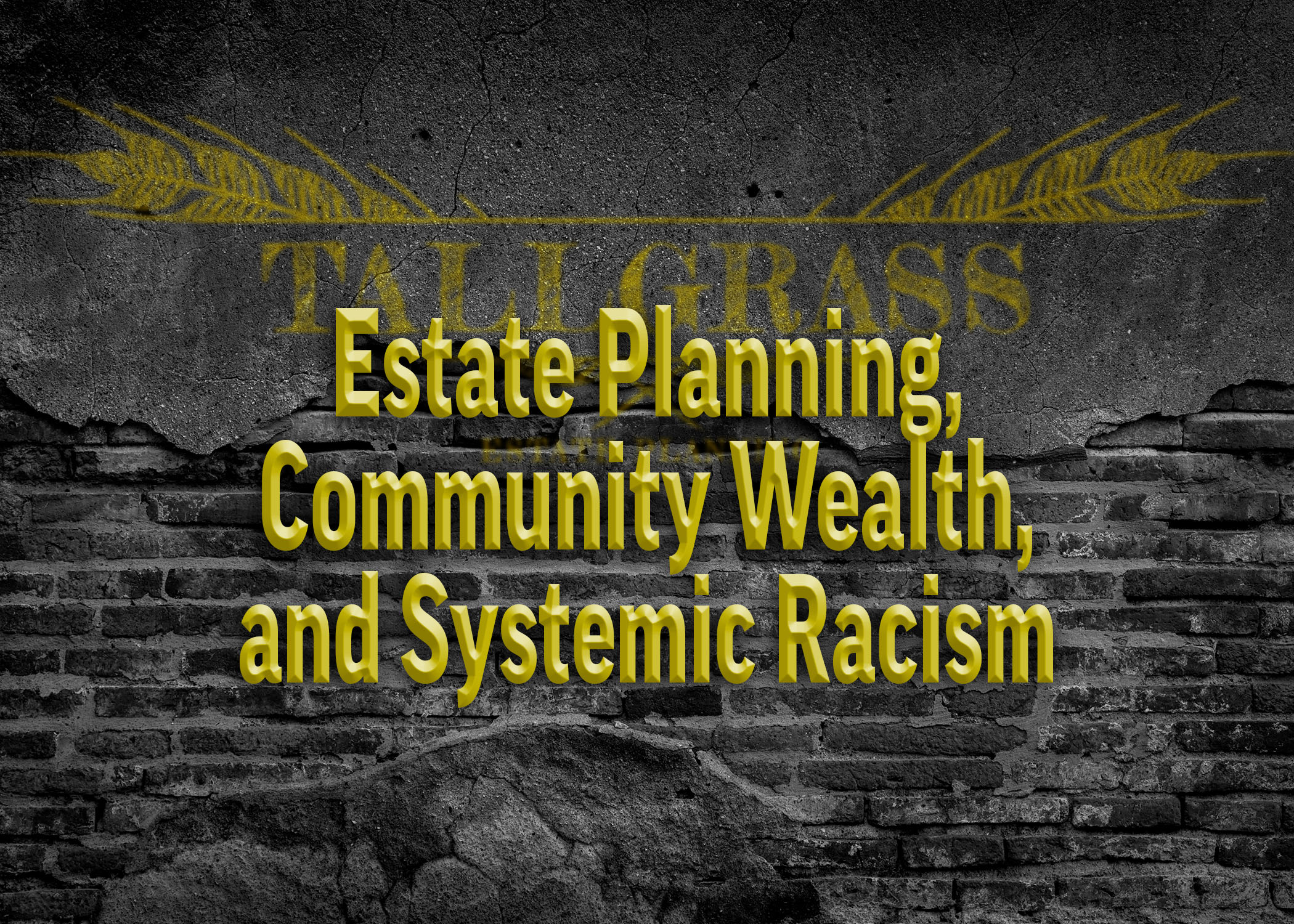
Estate Planning and Black Families: A Legal Tool for Generational Security, Wealth Preservation, and Equity
This blog post challenges the misconception that estate planning is a luxury for the wealthy, positioning it instead as a vital risk-management framework for families at every income level—particularly for Black households. The article details how estate planning serves as a countermeasure to historical systemic racism and structural vulnerabilities, such as "heirs' property," which have disproportionately led to asset loss in Black communities.

Blockchain & Your Estate Plan
With an increasing number of clients who own blockchain assets, it is important to effectively integrate these assets into estate planning strategies and documents. If you have blockchain assets, here are some basic things that need to be part of your estate plan.

(UPDATED) Ctrl + Z: How to Modify an Irrevocable Trust
You've got an irrevocable trust, but circumstances have changed. Maybe family dynamics are radically different from when you created the trust. Maybe you want to change trustees. Maybe the law has changed in ways that mean you no longer need an irrevocable trust, or the trust as drafted won't accomplish your original purpose.

FAQ: Revocable Trust vs Irrevocable Trust
One of the more frequently asked questions we get is about the difference between revocable and irrevocable trusts. In this post, I answer that question as simply as I know how and suggest why someone might choose one over the other. As always, let us know if you have any questions.

Corporate Trustee: When and Why You Need a Professional
In most of our consultations about trusts, we eventually explore whether the client may benefit from integrating a corporate trustee into their plans. We look at family dynamics, financial advisers, and types of assets, among other things. We also consider needs that may arise during a client's disability - during which time a Will does absolutely no good at all - and whether there are new and unique needs that arise after a client's death.

Hello. We're Tallgrass. Nice to meet you.
Please allow us to introduce ourselves. We are a team of attorneys who imagine a different way to work and help clients. We are a work in progress, just like you and your family. And here are a few things that drive how we work and where we're headed.

More Than One Way to Cover Your Assets
Like everything else in estate planning, asset protection isn't a one-size-fits-all proposition. What type of protection you need depends entirely on the type of asset you want to protect and the source of the potential threat - creditors, lawsuits, divorcing spouses, financial predators, remarriages, long-term care costs, income taxes, estate taxes, etc.

Procrastination: It's Not a Matter of Time
If you are not someone who struggles with procrastination, congratulations. If you are like me, however, there always seems to be a list of things you just can't bring yourself to get around to. You tell yourself you'll do it tomorrow, because tomorrow, magically, you will "feel like it" or you will have time or the stars will otherwise align.

Resolution: 4 Reasons Why This is the Year We Do Our Estate Plan
A good estate plan clarifies your wishes and values. If you are temporarily or permanently disabled, who should be in charge of medical decisions about you? What types of decisions should they make? And who should be in charge of your finances? How should they use your money? Should they give to your church? Should they take care of another family member?

Do your retirement and estate plans play well together?
If you're saving for retirement, you've likely got an IRA, 401k, or some other type of "qualified retirement plan." In these types of plans, your money grows without incurring capital gains taxes, and, depending on the specific account, your contributions may not be taxed until you withdraw them (after a specific age).

The Basics: What's a "trust" and what does it do for me?
A thorough estate plan includes several important documents, but at the heart of the plan is either a trust or a will. Helping people understand the distinction between a trust and a will is one of the most important parts of my conversations with clients. Most people don't know the difference, or, more importantly, why the difference matters. But if you will invest 30 seconds skimming this post, you will know more about trusts than just about everyone else you meet.


.avif)
.avif)














